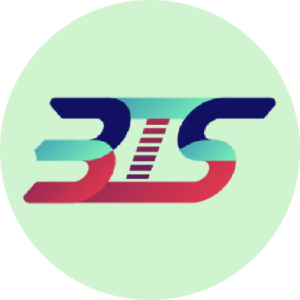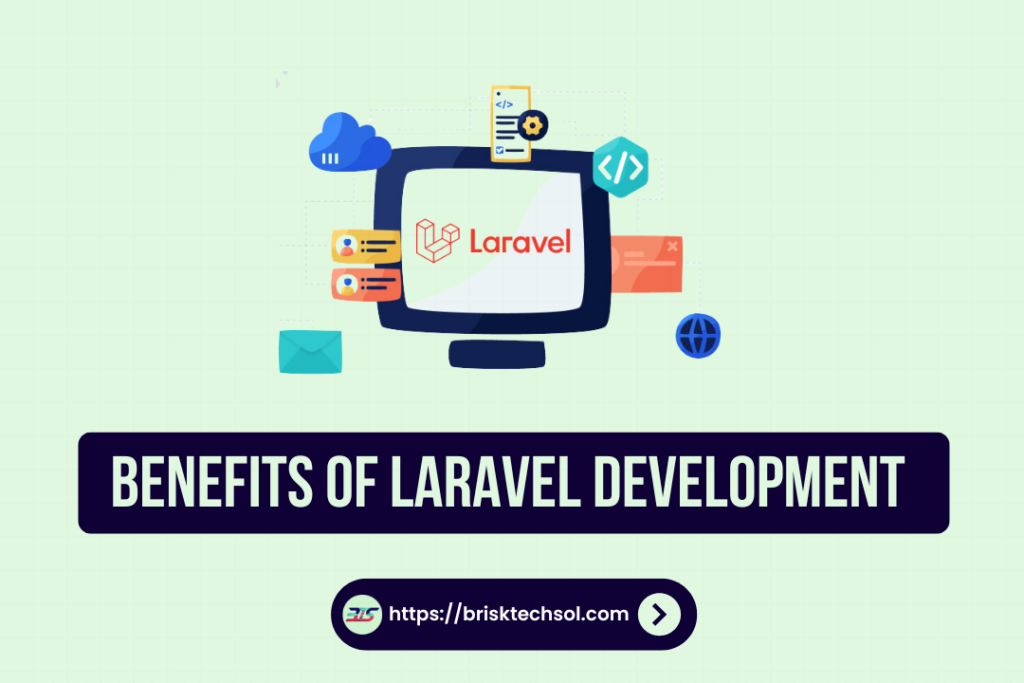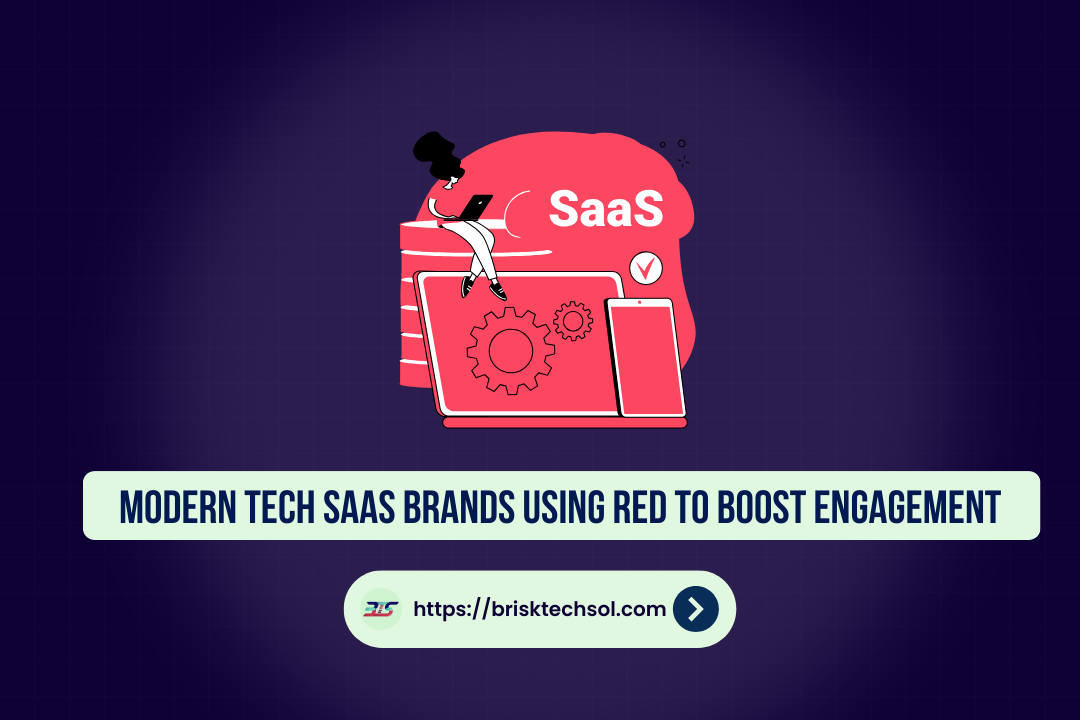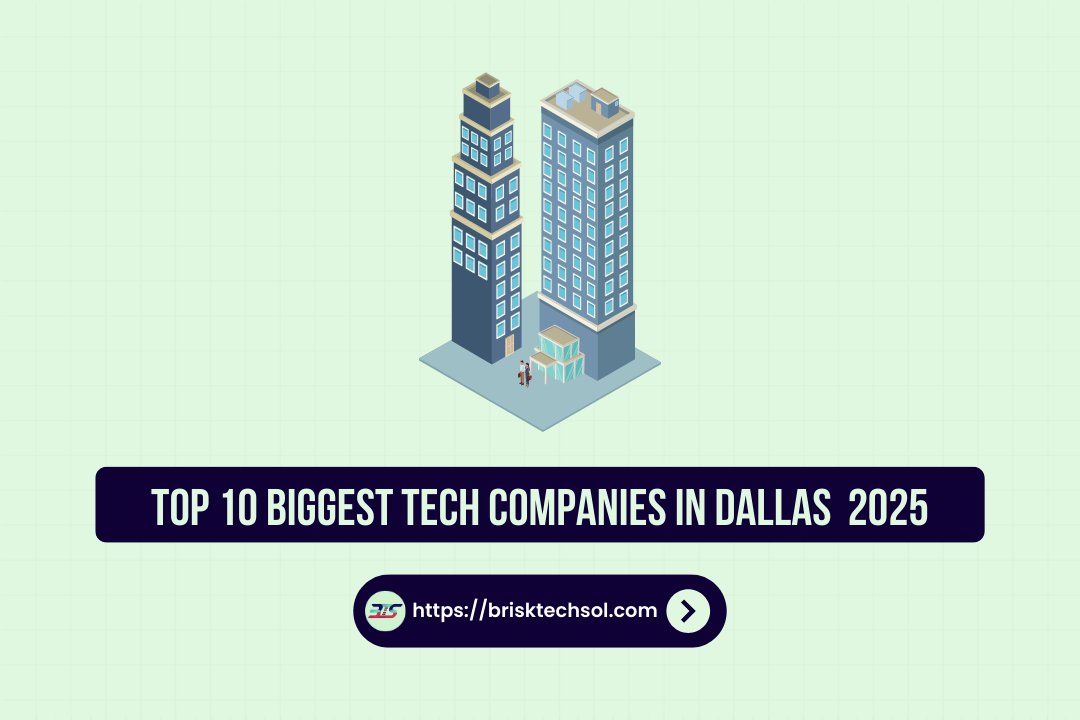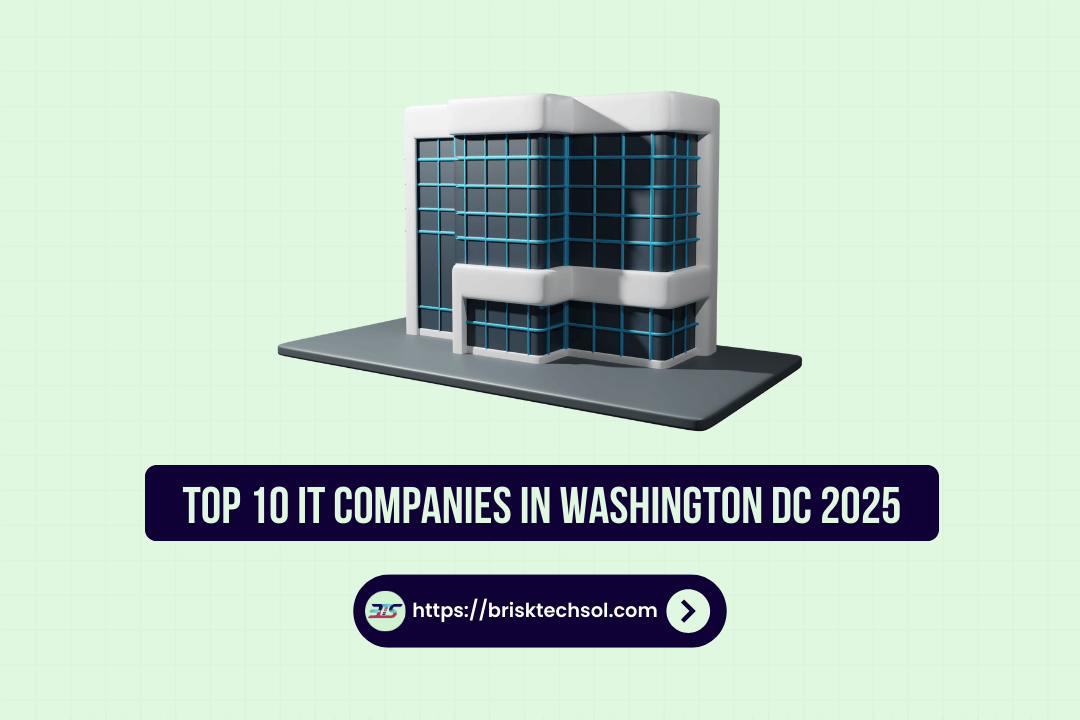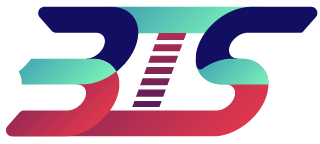Laravel is a PHP framework loved for its simplicity, powerful tools, and ability to build web applications that scale effortlessly. It’s the go-to choice for developers aiming to create solutions that grow easily with changing business needs.
Key Takeaways
What is Laravel?
Laravel is an open-source PHP framework designed to simplify the development of modern web applications. Created by Taylor Otwell in 2011, Laravel follows the Model-View-Controller (MVC) architectural pattern, which promotes clean and organized code. With a vibrant community and rich ecosystem, Laravel has become a preferred choice for developers worldwide.
Key components of Laravel include:
- Eloquent ORM: Simplifies database interactions with an intuitive and expressive syntax.
- Blade Templating Engine: Facilitates the creation of dynamic and reusable templates.
- Artisan CLI: Provides command-line tools to streamline repetitive tasks like migrations and seeding.
Laravel’s focus on simplicity and flexibility makes it ideal for projects ranging from small startups to large enterprise applications.
Why Scalability Matters in Web Applications
Scalability refers to an application’s ability to handle increased traffic, data, and workload without compromising performance. As user bases grow, applications must scale to meet demand efficiently. Failing to prioritize scalability can result in poor user experiences, downtime, and lost revenue.
Industries that heavily rely on scalability include:
- E-commerce: Platforms like Shopify handle millions of transactions daily.
- SaaS: Applications like Slack or Zoom need to support concurrent users.
- Social Media: Platforms like Instagram require seamless performance for billions of users.
Challenges in achieving scalability include:
- Managing database queries efficiently.
- Handling concurrent user requests.
- Ensuring server performance under heavy loads.
Laravel addresses these challenges with its comprehensive set of tools and best practices.
Top Benefits of Laravel for Scalability
1. Efficient Database Management
Laravel’s Eloquent ORM simplifies database interactions, enabling developers to write complex queries with minimal effort. Features like database migrations allow seamless updates without affecting existing data. For scaling, developers can use Laravel’s support for database sharding and replication to distribute the load across multiple servers.
Example: An e-commerce platform with millions of product listings can use Laravel’s ORM to optimize product search and filtering, ensuring fast response times.
2. Built-in Support for Caching
Caching is essential for improving application performance by storing frequently accessed data. Laravel integrates with popular caching systems like Redis and Memcached, making it easier to reduce server load and speed up requests.
Quick Table of Caching Systems:
| Caching System | Use Case |
|---|---|
| Redis | Real-time analytics |
| Memcached | Session management |
| File Cache | Smaller-scale projects |
3. Modular Development Approach
Laravel promotes modular development, allowing developers to break down applications into smaller, reusable components. This modular structure enhances code maintainability and supports scalability by enabling incremental feature additions.
4. Task Scheduling for Background Jobs
Laravel’s built-in task scheduler allows developers to manage background processes such as sending emails, generating reports, or cleaning up databases. This feature ensures that critical tasks are handled without impacting the application’s real-time performance.
Example Use Cases:
- Sending order confirmation emails in an e-commerce site.
- Generating weekly reports for SaaS users.
5. Robust Security Features
Scalable applications must also be secure. Laravel provides features like CSRF protection, encryption, and authentication out of the box. These tools ensure that as your application grows, it remains resilient against common security threats.
6. RESTful API Development
Laravel simplifies the creation of RESTful APIs, which are crucial for building scalable applications that integrate with mobile apps or third-party services. With features like API resource classes and Passport for authentication, Laravel ensures seamless API scalability.
7. Ecosystem and Community Support
Laravel boasts a rich ecosystem with tools like Forge for server management and Vapor for serverless deployment. Its active community ensures a steady stream of tutorials, plugins, and packages to support scalable development.
Examples of Scalable Applications Built with Laravel
Many businesses have leveraged Laravel to build scalable applications. Notable examples include:
- Deltanet Travel: A travel booking platform that handles thousands of queries daily.
- Neighbourhood Lender: A financial services application managing high volumes of loan data.
These applications demonstrate Laravel’s ability to handle diverse scalability requirements.
Challenges and How Laravel Overcomes Them
Common Challenges:
- Load Balancing: Distributing traffic evenly across servers.
- Database Optimization: Handling large datasets efficiently.
- Server Performance: Ensuring minimal latency during peak traffic.
Laravel’s Solutions:
- Forge: Automates server management and load balancing.
- Vapor: Facilitates serverless deployment for high scalability.
- Database Tools: Supports advanced indexing and query optimization.
Conclusion
Laravel stands out as a reliable framework for building scalable web applications, thanks to its rich features like efficient database management, caching, and modular architecture. Its ability to handle complex tasks while ensuring flexibility makes it a top choice for developers and businesses aiming for growth. With Laravel, you can confidently create future ready applications according to different user demands.
FAQs
- Why is Laravel preferred for scalable web applications?
Laravel offers tools like Eloquent ORM, caching integration, and modular development that support scalability. - Can Laravel handle high traffic?
Yes, Laravel’s caching, database management, and task scheduling features make it suitable for high-traffic applications. - What makes Laravel suitable for enterprise projects?
Laravel’s robust security features, API support, and scalability tools cater to enterprise-level requirements. - How does Laravel integrate with microservices architecture?
Laravel’s modular structure and API capabilities make it an ideal choice for microservices. - What tools in Laravel support scalability?
Tools like Forge, Vapor, Redis, and Memcached enhance Laravel’s scalability.

